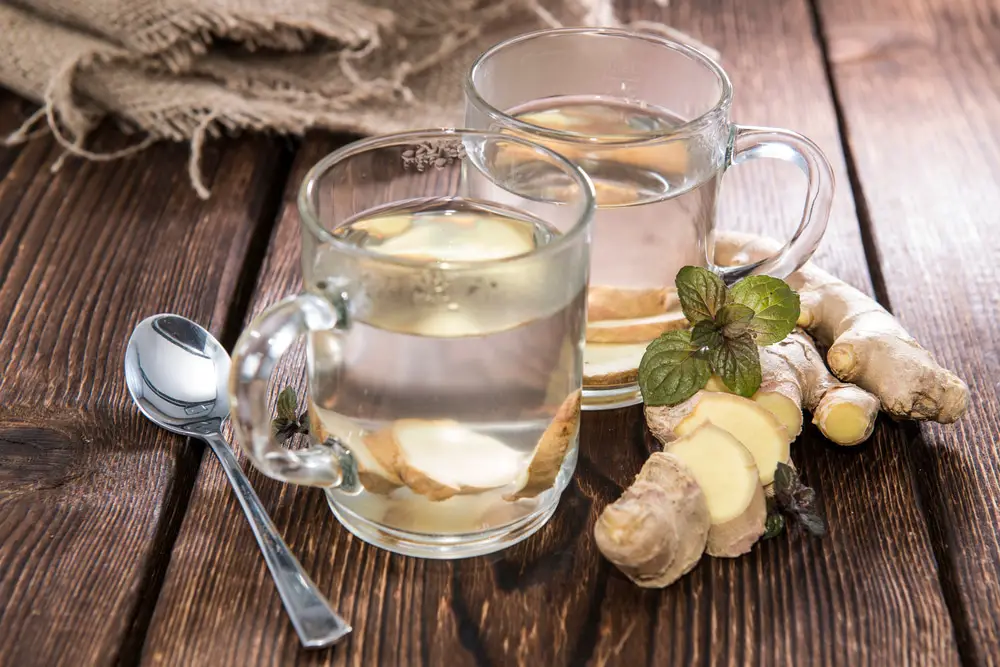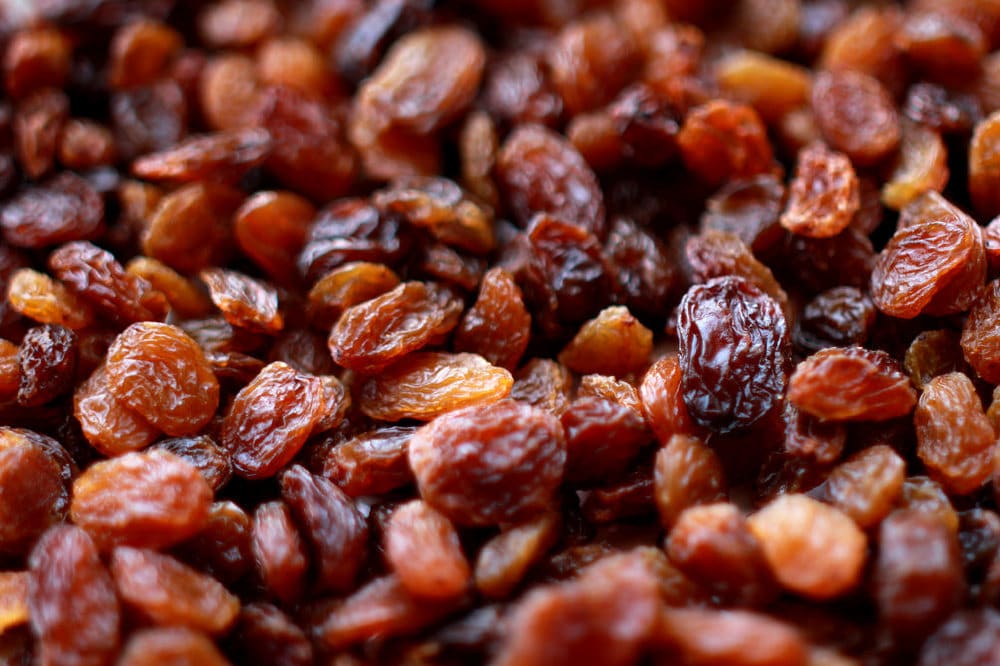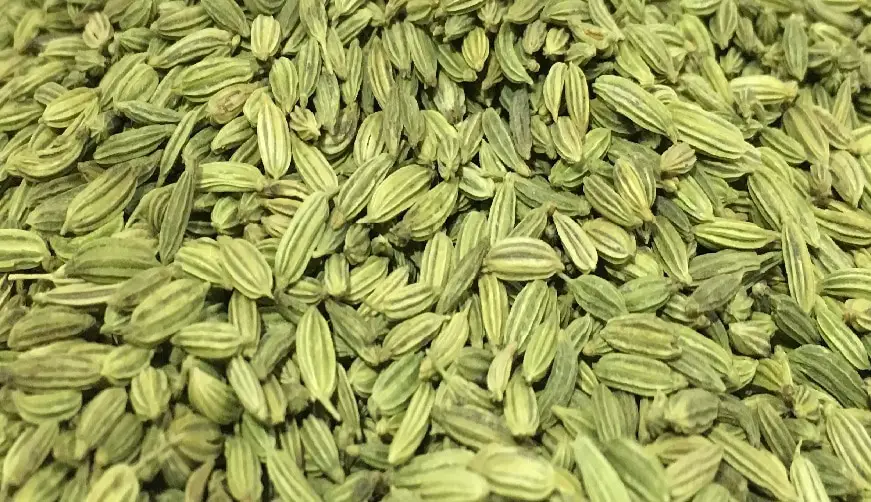Constipation is a common digestive disorder experienced by almost everyone at a point in their lives. Constipation happens when you have difficulty passing bowels or you stool less often than normal or you force stools out.
When foods stays longer or pass through the digestive system at a slower pace, the colon absorbs water from it and this makes the feces to become hard and dry. This makes bowel movements painful.
This is not a serious condition and you will feel better when relieved but it can cause discomforts and affect your daily activities.
Causes of Constipation
- Unhealthy diet and regular intake of processed foods
- Resisting the urge to go to stool (holding in stools)
- Dehydration and insufficient intake of water
- Irritable bowel syndrome
- Hypothyroidism (an underactive thyroid gland)
- Rectocele (a condition where the rectum bulge through the back wall of the vagina
- Excessive use of laxatives
- Cancer of the colon or rectal cancer
- Eating disorders
- Excessive intake of dairy and dairy products
- Antacids and other medications that contain aluminium or calcium
- Some medications like strong pain killers, iron pills, narcotics, and antidepressants.
- Parkinson’s disease, multiple sclerosis and other neurological disorders
- A sedentary lifestyle
- A deficiency of fiber in the body
- Pregnancy
- Anal fissure
- Stress
- Irritable bowel syndrome
- Bowel obstruction and bowel stricture (that is narrowing of the colon)
In some cases, the cause of constipation may not be known, this is called primary constipation or functional constipation. It is mainly common in women and it is said to occur when the bowels are underactive.
This type of constipation is diagnosed when you eat healthy foods with lots of fiber in them, you don’t have any disease or infection, you are not currently on any medication and you have an active lifestyle but yet you are constipated.
This condition starts in childhood or early adulthood and persists throughout the life of the individual. This leads to chronic constipation.
Symptoms of Constipation
- Difficulty passing stools (straining when stooling)
- Stomach aches
- Fewer bowel movement
- Stomach cramps
- Small stools that are usually hard
- Nausea and vomiting
- Still feeling full even after passing bowels
- Loss of appetite
- Bloating
- Feeling as if there is a blockage in your rectum preventing the movement of bowels.
Home Remedies for Constipation
Lemon Juice
Lemon juice or lemon water is an effective home remedy for constipation. The flavonoids present in lemon juice stimulate the digestive system and increase the production and secretion of digestive juices.
The acids present in this drink detoxifies and cleans the excretory system, it also cleans the digestive tract and its rich content of fiber eases constipation and aid the free and frequent movement of bowels.
Take lemon juice or lemon water daily, in the morning, take this on an empty stomach and take it at regular interval during the day. Do these daily till you recover.
Get fresh lemon juice by squeezing fresh lemons, do not add sugar, but you can add raw honey. Add equal amount of water to the lemon juice to convert it to lemon water if you choose to take it that way.
Lemon water is easier to take than pure lemon juice, it is also mild on the enamel and it can be taken in large quantity. You can also add raw honey to lemon water but don’t add sugar.
Ginger Tea
 Ginger tea is a powerful remedy for constipation; it aids bowel movement and relieves the pains and other symptoms of constipation.
Ginger tea is a powerful remedy for constipation; it aids bowel movement and relieves the pains and other symptoms of constipation.
It relaxes the muscles of the digestive tract and generates heat inside the body and this heat treats sluggish digestion of food and slow movement of bowels. Ginger tea stimulates healthy digestion of food and and treat constipation. Take ginger tea three times or more daily.
Spinach
This is a great remedy for chronic constipation, it is rich in oxalic acid and fiber, and it also contains vital minerals like phosphorus and calcium.
It helps to cleanse, detoxify and regenerate the whole gastrointestinal tract. Include spinach daily in your diet when suffering from constipation.
It can be eaten raw or you blend it and take it as smoothie. You can also cook it slightly and eat. In cases of severe constipation, crush fresh spinach leaves and juice them. Take half glass of spinach juice two times daily. You can mix it with half glass of water before taking.
Raisins
 Raisins are high in fiber and tartaric acid which has a strong laxative effect. It increases the rate at which foods move through the digestive tract, it prevents and treats constipation. Take raisins daily till you recover.
Raisins are high in fiber and tartaric acid which has a strong laxative effect. It increases the rate at which foods move through the digestive tract, it prevents and treats constipation. Take raisins daily till you recover.
Figs
This herb is dense with fiber and it is used as a natural laxative because of this property. They also contain strong phytochemicals like polyphenols and Anthocyanins. They are used traditionally in the treatment of inflammatory conditions and gastrointestinal disorders.
It is used to treat chronic constipation and both the fresh and dried leaves are effective. Fresh figs with their skin can be eaten raw to ease constipation and make bowel movement easy and frequent.
The skins are loaded with fiber and calcium, you can also eat almonds and figs together. You can take fig tea or decoction by boiling the leaves in water and drinking it many times during the day.
Exercise
Exercises like squats helps relieve constipations and it is even good for those who are sedentary.
Physical inactivity and a sedentary lifestyle clog up the digestive and eliminatory system and it helps the smooth muscles in the colon function properly. Don’t exercise immediately after meals, wait for at least one hour before engaging in any exercise.
Magnesium
This is an important mineral that the body cannot do without, it helps a lot of metabolic and cellular activities and it also plays an important role in the digestion of food and elimination of waste products.
It aids the proper movement of the muscles of the digestive system, and this improves bowel movement. Natural sources of magnesium are nuts and seeds, dark green leafy vegetables, avocados, black beans, squash and broccoli. Take lots of these foods when you are constipated.
In severe cases, a doctor may prescribe magnesium citrate for you, take it according to prescription because it can cause toxicity and other adverse side effects.
Aloe Vera
Aloe vera soothes the stomach and keeps the digestive system running. Use pure aloe vera gel straight from the leaf and don’t take more than two tablespoons at a time because it is very concentrated. You can buy aloe vera juice if you don’t have the plant. Take a cup of aloe vera juice.
Castor Oil
This essential oil is a natural laxative, it works by stimulating the digestive system, it aids movement of foods and bowels in the small and large intestines and it improves the overall functions and health of the digestive and excretory system.
This oil contains amino acids, phytosterols, flavonoids, phenolic compounds, fatty acids, and terpenoids and many other useful bioactive compounds. These compounds carry out a lot of functions in the body and the digestive system is not left out.
Castor oil can be toxic when ingested regularly and in high doses, so this means it should only be taken in cases of severe constipation, swallow two teaspoons of castor oil first thing in the morning on an empty stomach.
You can mix it with fruit juices or other liquids to improve the taste. This will give you relief within a few hours.
Baking Soda
This king of home remedies is also helpful for those with constipation and stomach upset, it is a bicarbonate which is very good for the digestive system, it relieves bloating, and pain caused by pressure.
It alkalizes the stomach and digestive tract, and helps the movement of foods and waste through the digestive tract. Add a teaspoon of baking soda to a cup of warm water and drink it quickly or at once as if you are in a haste.
Grapes
Grapes and grape fruit juice are dense in soluble fiber, this boosts regular movement of bowels and thereby treat and prevent constipation. Eat a bowl of grapes or drink a glass of fresh grape juice daily to treat constipation.
You can also boil grapes in milk for few minutes and drink it when warm; this remedy even benefits little children and prevents future episodes of constipation.
Epsom salt
This is a better alternative to table salt because it contains magnesium which table salt lacks. It also draws out water from the surrounding and uses it to soften the stools thereby making bowel movement easy and smooth.
The magnesium in Epsom salt aids the contraction of muscles in the gastrointestinal tract thereby aiding proper movement of bowels.
Table salt can be used if you don’t have Epsom salt, the only disadvantage of table salt is the absence of magnesium but it also draws water from the surroundings.
Honey
Raw honey fights constipation and relieves its symptoms. Swallow two tablespoons of raw honey three times daily. Take it in the morning on an empty stomach and at night before going to bed.
You can also mix it with equal amount of apple cider vinegar and take it before meals to help the digestive system digest food better and aid bowel movement.
Dandelions
Classified as annoying weeds, yet they are powerful remedies for constipation. Its rich content of powerful phytochemicals makes it a natural laxative and a powerful detoxifier. It cures constipation caused by excess intake of processed foods or lack of fiber.
Three cups of dandelion tea daily will hasten healing and relieve the symptoms. Steep two teaspoons of dandelion leaves (dried ones) in a cup of hot water and cover it for 15 minutes. Strain it and drink when warm.
Fennel Seeds
 Fennel seeds and the essential oils have powerful compounds like camphor, Anethole, limonene and fenchone which acts as natural laxatives and treats constipation.
Fennel seeds and the essential oils have powerful compounds like camphor, Anethole, limonene and fenchone which acts as natural laxatives and treats constipation.
You can take fennel tea many times daily or you can take the oil internally to relieve you of the symptoms and ease the movement of bowels.
Probiotics
Healthy bacteria in the gut enhance a healthy digestive system and prevent problems. They fight constipation and relieve its symptoms. Rich sources of probiotics are fermented foods like yogurt.
Flaxseeds
Flaxseeds are very rich in fiber, potassium, antioxidants, and magnesium, Vitamin E, K and omega 3 fatty acids. These seeds are powerful natural therapy for constipation and diarrhea.
Steep two tablespoons of flaxseed powder in a cup of hot water for fifteen minutes. Drink this solution when it gets warm. Do this three times daily. You can choose to simply eat some tablespoons of flaxseeds accompanied by a glass of water or fruit juice.
Coconut Oil
This healthy fat lubricates the digestive tract and aids easy movement of foods and bowels, it prevents sluggish digestion and keeps the intestines lubricated. It keeps constipation at bay and treats it. Take two tablespoons of coconut oil three times daily.
Increase your Intake of Fiber and Water
Dehydration and a deficiency in fiber are main causes of constipation. Water makes the stools soft and easy for excretion while fiber adds bulk to the stools and makes it pass through the intestinal tract easily.
Take lots of clean water, fruit juices, smoothies, herbal teas and watery vegetables and fruits to hydrate your body and keep your stools soft.
Rich sources of fiber are nuts and seeds like sesame seeds, sunflower seeds, pumpkin seeds, peas; wheat germ, broccoli, green vegetables, brown rice, potatoes, prunes, carrots, fresh fruits and beans.
Prunes
Dried plums or plums are widely spread and effective remedies for constipation, they are very high in fiber and this helps to increase the bulk of stools and also their water content.
They contain compounds that act as natural laxatives, daily intake of prunes helps people who suffer from constipation. They are palatable and safe for consumption and they have no side effects.
Molasses
A very effective cure for constipation, this acts as a laxative and gets the bowels moving. It is rich in vital nutrients and can be used as emergency enema in the case of chronic and severe constipation.
Take a teaspoon of blackstrap molasses at night before going to bed, you can mix it with prune juice, milk or other fruit juices if you don’t like the taste.
Increase the dosage if the condition still persists. You can also mix blackstrap molasses and peanut butter in equal amount if you are not allergic to it. Eat this mixture on an empty stomach in the morning. Stop when you recover because molasses are high in calories.












